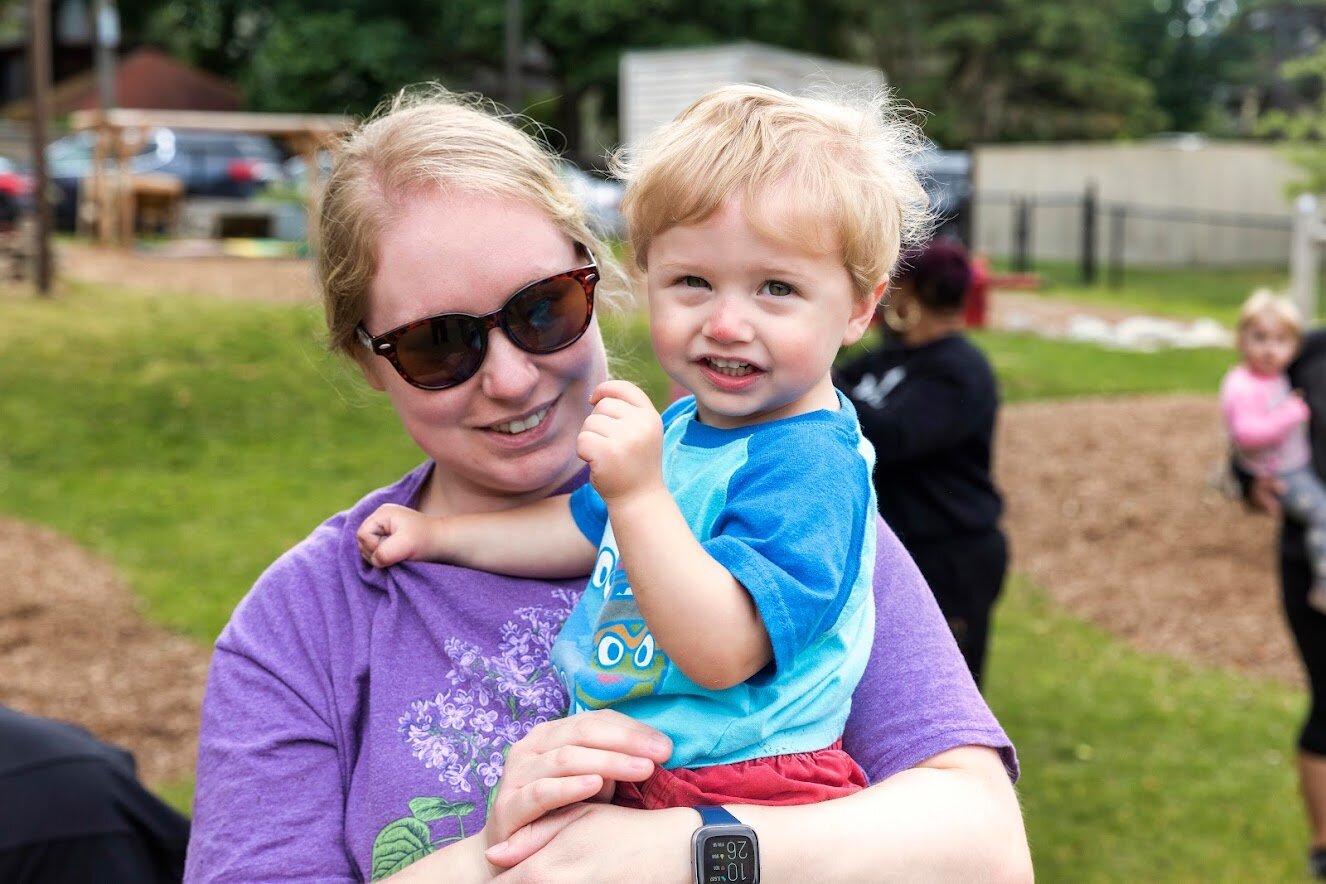Parents across the state are excited about what Pre K for All means for their little ones. And they have shared feedback on the proposed program at listening sessions across the state.
This article is part of Early Education Matters, a series about how Michigan parents, childcare providers, and early childhood educators are working together to implement Pre-K for All. It is made possible with funding from the W.K. Kellogg Foundation.

Parents across the state are taking note and feeling excited about what Pre K For All means for their little ones. The State of Michigan’s plan for free, universal pre-k will bring early childhood education to every 4-year-old in the state of Michigan by 2027. The plan could make all of the difference for young Michiganders. Studies have shown that birth to age 8 is a pivotal stage in a child’s development as preschool sets them up for success come kindergarten. Access to quality education at age 4 also sets students up for success throughout their secondary education.
“Research, again and again, has stressed the importance of pre-kindergarten preschool experiences,” says Chad Waldron, associate professor of teacher education and special education, College of Education and Human Services at Central Michigan University. “I’m using those words interchangeably as in Michigan we are looking at pre-kindergarten as the thing that shapes the child holistically, meaning academically, socially, and emotionally. Pre-k teaches children what it means to be in a group and what it’s like to interact with their peers and work with other caring adults.”
Waldron and his husband, Tony, are parents to Connor, who will soon turn 4.
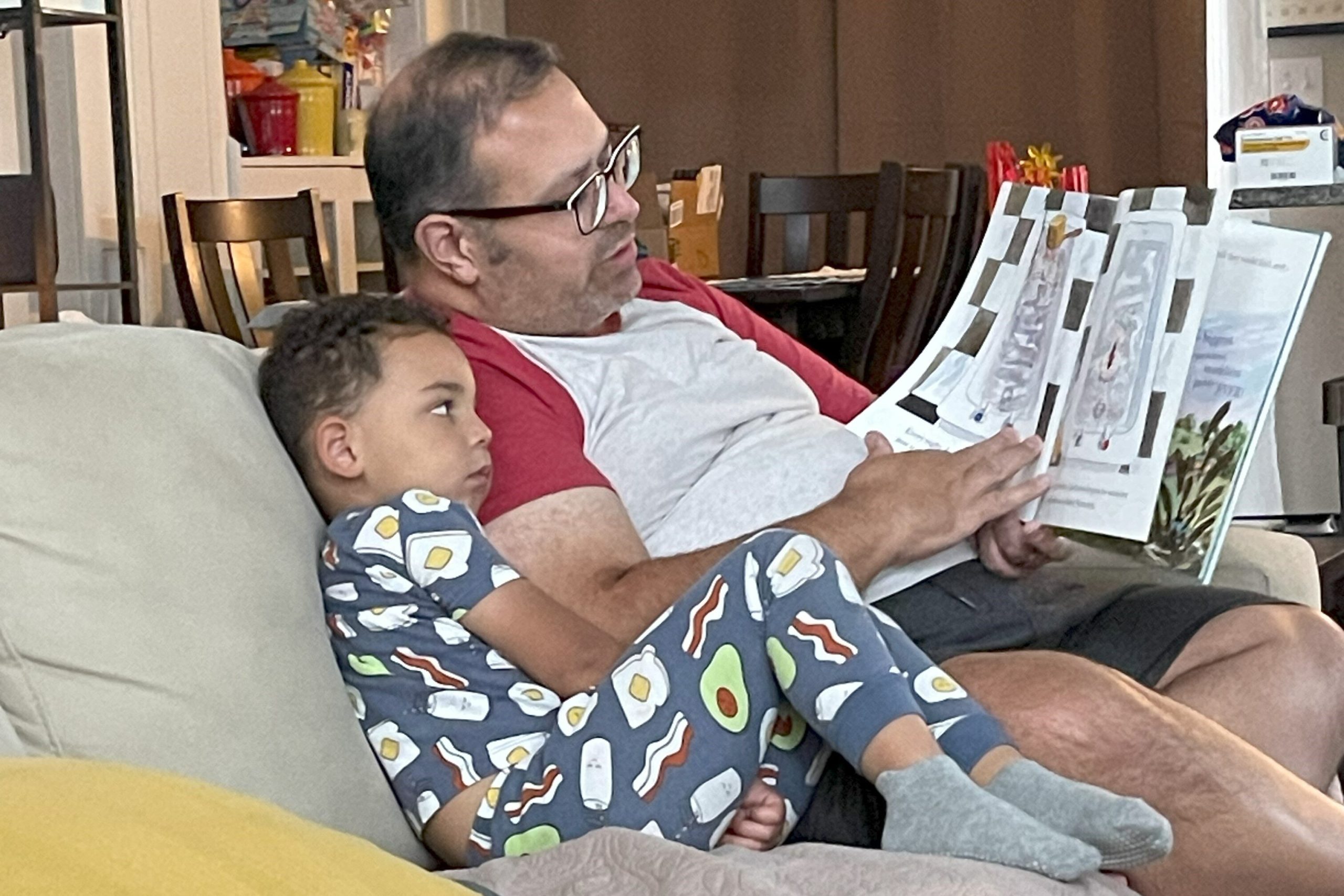
The Pre K for All plan is an extension of Michigan’s current Great Start Readiness Program, a dedicated enhancement that will make GSRP opportunities available for all 4-year-olds within Michigan without eligibility barriers.
“Pre K For All is not just about the short-term kindergarten-to-third grade reading achievement scores of kids that complete a pre-k experience but also thinking about access,” Waldron says. “There is varying quality across our state and pre-k for all allows an opportunity to provide children who may not have had a pre-k or preschool experience to have.”
“I think [Pre K For All] is providing more equal opportunities for children in all areas and all kinds of economic status,” adds Amanda Walsh, parent and foster parent.
Both Walsh and Waldron attended one of the PreK for All listening sessions, which were held across the state over the summer and through early fall. The sessions garnered a lot of parent opinion regarding the plan. Most of the parent feedback was positive and very hopeful. Consultants from The Policy Equity Group and Southern Imaginations helped facilitate the listening sessions.
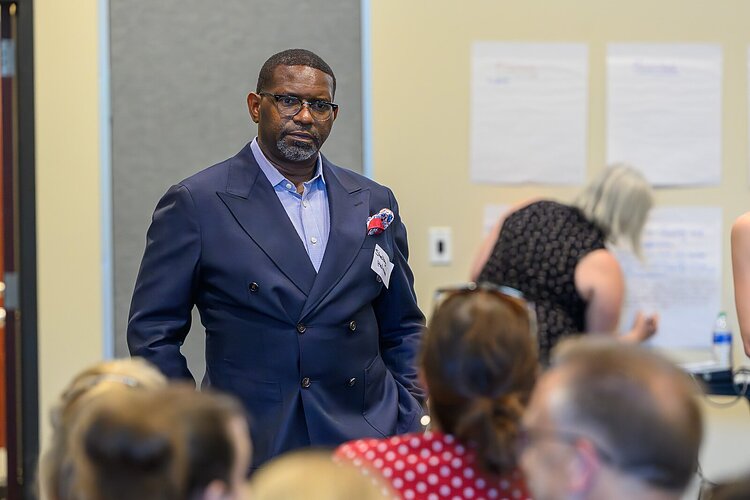
“I often heard parents express how this is an amazing opportunity. The capacity, the ability to support the needs of children and families throughout the state of Michigan will especially have benefits within some areas that may have been historically underserved,” says Shelby Holman, Southern Imaginations CEO. “PreK for All is looking more intently at ensuring that children with any type of learning or physical disability also get the support they need. This plan will bring high-quality early child education to all eligible 4-year-olds.”
The Southern Imaginations team worked with the University of Michigan as well as other key representatives from the State of New York that have participated in expanding pre-k statewide. Within that process, they were responsible for developing the community input sessions with key stakeholders throughout the state to obtain feedback and insights. Through their efforts, they gathered feedback from several thousand Michigan residents. This feedback from real Michiganders will ensure that PreK for All will serve the needs of families.
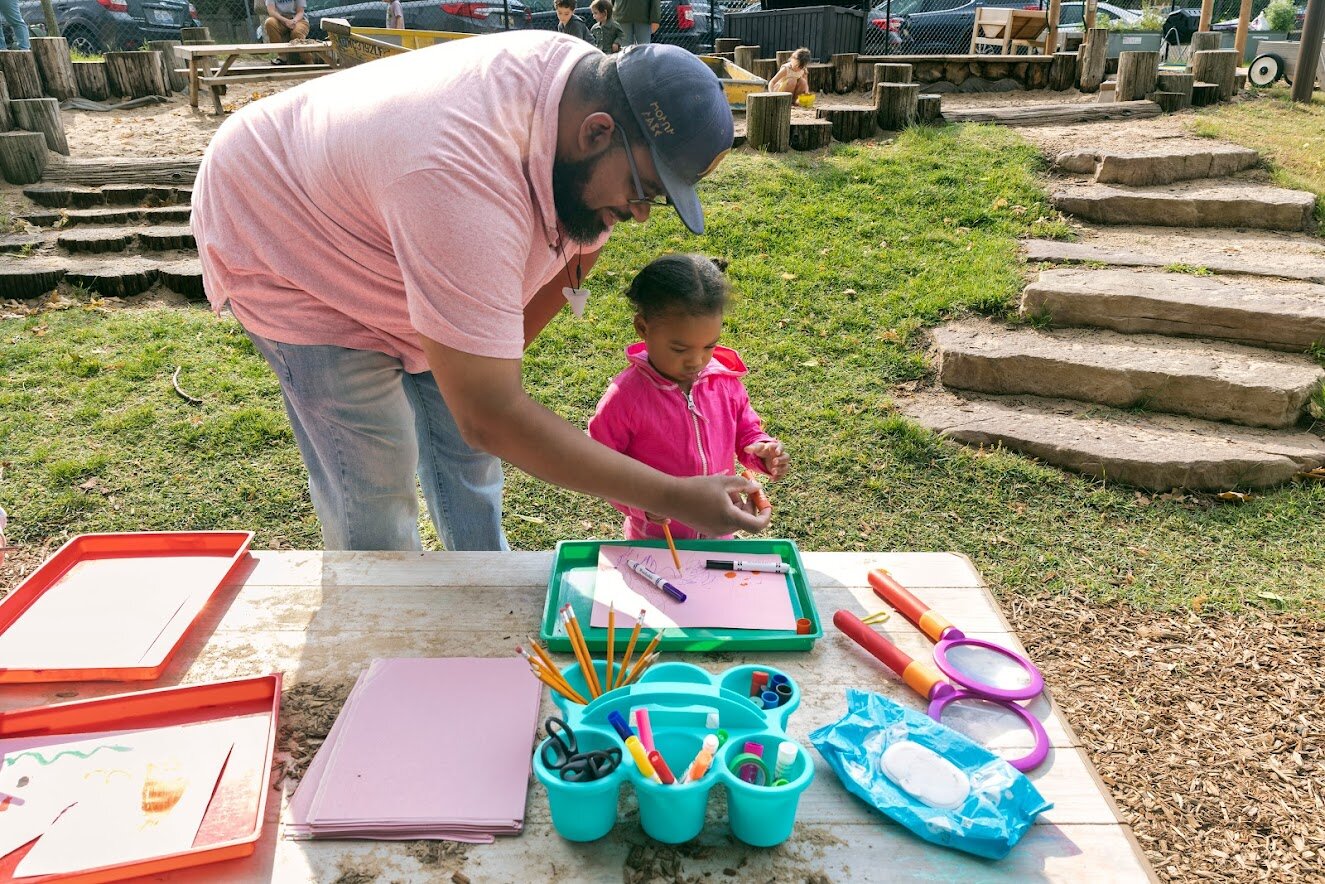
Boosting Michigan family budgets
A majority of U.S. families struggle to afford quality child care. The average annual cost for infant care in Michigan is $10,861 or about $905 per month. For toddlers, the average annual cost is slightly less: $8,890 or about $741 per month. With inflation raising prices for food and housing, many families have had to make sacrifices to pay for early childhood education. Others have had to leave employment to stay home with their children.
“As a parent, pre-k is expensive. On average it’s about $1,000 or more per month to send your child to a 4-year-old preschool setting. That is $12,000 a year,” says Waldron. “The cost concerns me. Lots of studies have been done by economists and in the field of education that show this creates an access problem that immediately shuts the door to a lot of low-income and even middle-class families. Instead, they wait until their kids qualify for kindergarten entry. Then they’re showing up at kindergarten with a variety of experiences, most likely not having any early childhood [education] experiences.”
Universal pre-k opens the door for those families to give their little ones a quality early childhood education. However, as PreK for All is rolled out, some fine-tuning is needed. The biggest concern raised by working families is that GSRP programs only offer a four-day week.
“We have a lot of families that work full-time,” says Waldron. “They need to have access to a pre-k system that meets the needs of their work day. Their kids need access to high quality care. Pre-K for all opens the door that is very limited right now based on our current program structures in Michigan.”
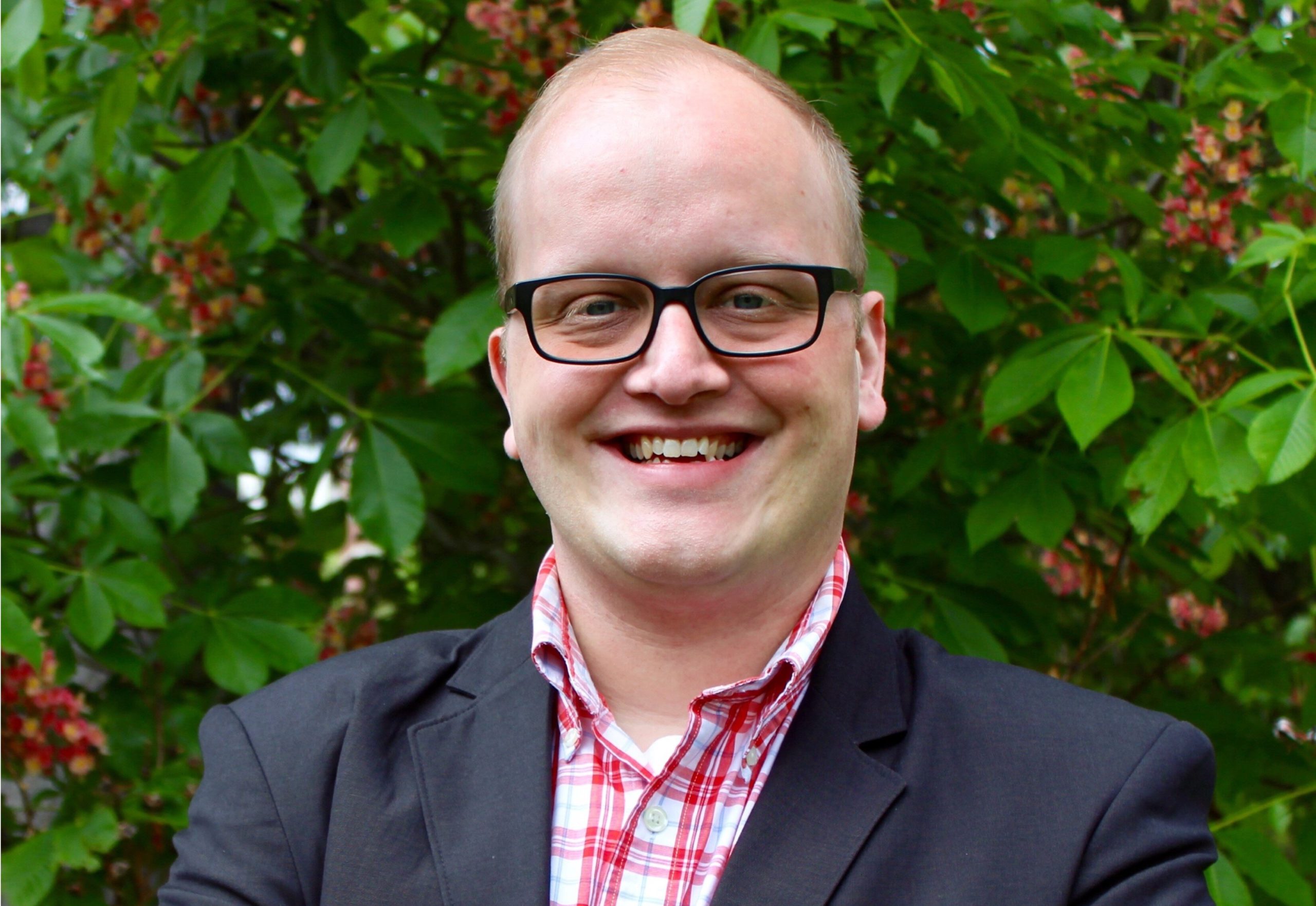
Thanks to the listening sessions, Holman and others developing suggestions for rolling out PreK for All can include this concern along with other parent feedback.
“We are looking at it through the lens of growing the capacity for their entire family,” Holman says. “Pre K for All is only going to enhance the experience that their child is having and, in a larger way, enhance the experience of the whole household.”
Quality education early on will make all the difference for Michigan students.
“My child, who is 3 and neurodiverse, is in a high-quality program that is nationally accredited. He is thriving in the environment,” says Waldron. “I’ve seen firsthand with my child how important good early childhood education is. We must think about the citizens we’re raising as future Michiganders. We want them to have good opportunities”
For the experts developing the PreK for All roll-out plan, including feedback from parents like Waldron and Welsh will ensure that free, universal pre-k best serves Michigan families. Parents’ perspectives have helped Holman and his colleagues look at preschool not only through the lens of the child and the educator, but through the lens of the entire family. Including feedback from all of the stakeholders impacted by this plan will help create a PreK for All program that benefits children, parents, educators, child care programs, and Michigan’s economy as a whole.
Ashley King is a born-and-raised Michigander. She wants to use her writing expertise gained from her time studying at the University of Michigan to make sure the stories of Michigan reach far and wide across the Mitten.
Parent and child photos courtesy First Steps Kent/Isabel Media Studios.
Shelby Holman photo by Doug Coombe.
Other photos courtesy Chad Waldron and Amanda Welsh.
Early Education Matters is a series of stories about the implementation of Pre-K for All throughout the State of Michigan. It is made possible with funding from the W.K. Kellogg Foundation.
